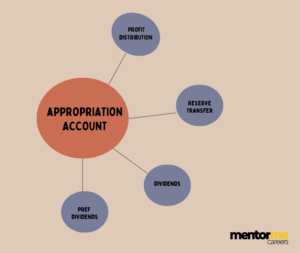Last updated on January 23rd, 2023 at 05:08 pm
What is Ex Gratia Payment?
Ex Gratia payment is a type of payment made by an organization to an individual/employee for damages or claims without recognizing any legal obligation. Ex Gratia is derived from Latina where “Ex Gratia” means “by favour” or “by virtue of grace”. Hence, it is a voluntary payment and not the organization’s legal liability. In the US, ex gratia payments are typically taxable by both the federal and state authorities.
Understanding Ex Gratia Payments
An ex-gratia payment refers to a voluntary payment made by virtue of grace literally. Ex gratia payments differ from legally mandated payments as ex gratia payments are voluntary. Usually, organizations, governments, and insurers will only provide compensation to victims if they are legally required to do so. Because of this, ex gratia payments are not very common. Different from legally enforced payments, ex gratia payments come out of goodwill. Ex gratia payments are made following a loss or damage to property, but it does not carry any admission of guilt. A company providing a one-time payment to its customers would not be considered to be making an ex-gratia payment because the payment is not related to a specific loss. However, a company that provides a credit after a service disruption would be considered to be making an ex-gratia payment. Many organisations use ex gratia payments as a part of a long-term strategy to maintain good relations with the individual receiving the payment. For e.g., British Airways often gives an Ex-gratia payment to their customers who may have been inconvenienced to maintain good customer relations.
Ex Gratia Payments in Insurance
If a policyholder suffers from an injury or loss caused by a reason covered under the insurance policy, the policyholder could make a claim to the insurance company. In this case, the insurance company has a moral obligation to compensate the policyholder. On the contrary, if the damages are not listed under the terms of the insurance, the insurance company has no moral obligation to pay the policyholder. Yet, the insurer can still compensate for the losses of the policyholder voluntarily out of kindness or for other reasons. This compensation is thus an ex-gratia payment.
Many large insurance brokerages or brokerage networks often promote their stronger capacities to influence insurers. When a customer claims for a debatable loss, whether it is covered under the insurance policy, the brokers will work collaboratively to handle the process. If the claim is denied, the brokers will persuade the insurer to make ex gratia payments to the policyholder. Since the brokerage network is very large and they have a large customer base, it is more probable for insurers to make ex-gratia payments to maintain good relations with the brokers and create a positive public image to potential clients.




